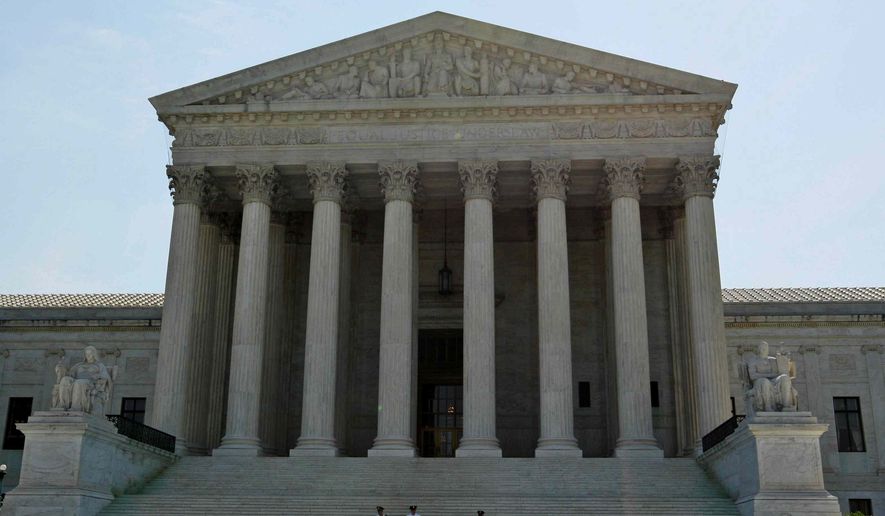OPINION:
While U.S. presidents frequently reverse a plethora of decisions made by their predecessors, appointments to the United States Supreme Court are not among these reversible decisions.
Like the president, a Supreme Court justice can only be forced to leave office through a congressional impeachment process, which unsuccessfully occurred only once in the early 1800s.
However, unlike the president, Supreme Court justices enjoy lifetime tenure, intended to give them more decision-making freedom by eliminating executive and legislative branch interference.
And, freedom is exactly what the high court is likely to gain during the next president’s time in office, which could bring about as many as four new appointments due to the fact that four justices are currently older than 77.
Assuming the Supreme Court remains unchanged throughout President Obama’s term, the next president is sure to drastically shape the future of the high court for decades to come, potentially creating a solid conservative or liberal majority on the bench.
This week’s New Hampshire primary is more likely than not to predict the possible directions of the Supreme Court.
Voters in New Hampshire began casting votes for candidates directly, instead of for delegates, in 1952.
Since then, New Hampshire voters selected someone other than the eventual Republican nominee only three times and someone other than the eventual Democratic nominee only seven times.
With businessman Donald Trump and Sen. Bernard Sanders of Vermont leaving New Hampshire with impressive victories, it is not implausible that one of them will become the next president of the United States of America.
But while Mr. Sanders, the “democratic socialist,” is sure to take the Supreme Court hardcore to the left, Mr. Trump is more of a wildcard.
Mr. Sanders boasts that he will only nominate Supreme Court justices who will “make it a priority to overturn Citizens United” and who “understand that Roe v. Wade is the law of the land.”
However, Mr. Trump has been a bit more vague, saying he’ll appoint “strongly conservative people” who are “great scholars” and “truly in love with the Constitution.”
Regardless, the potential appointment power of Mr. Trump and Mr. Sanders will play a fundamental role in defining marriage, health care, privacy, campaign finance and so much more.
A new Supreme Court will likely be created that will significantly further the ideological preferences of one political party for decades to come, potentially eliminating the frequent 5-4 decisions of the high court and creating a substantial majority on one side of the aisle.
• Madison Gesiotto is a staff editor for the Ohio State Journal of Criminal Law. The author’s views are her own and do not necessarily reflect those of the Ohio State Journal of Criminal Law.




Please read our comment policy before commenting.